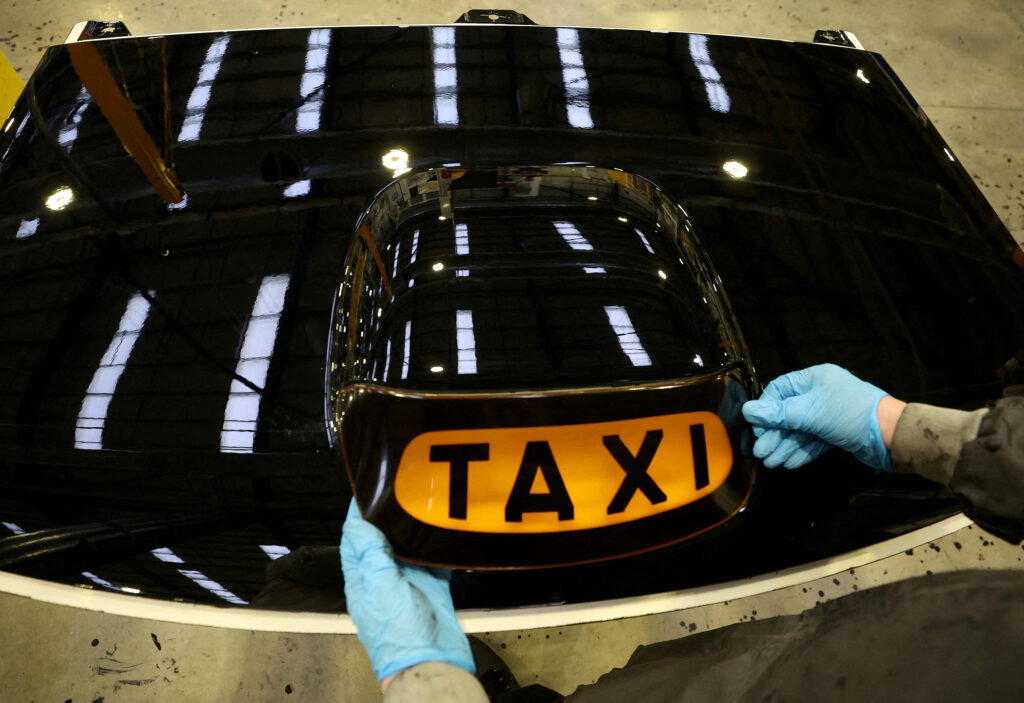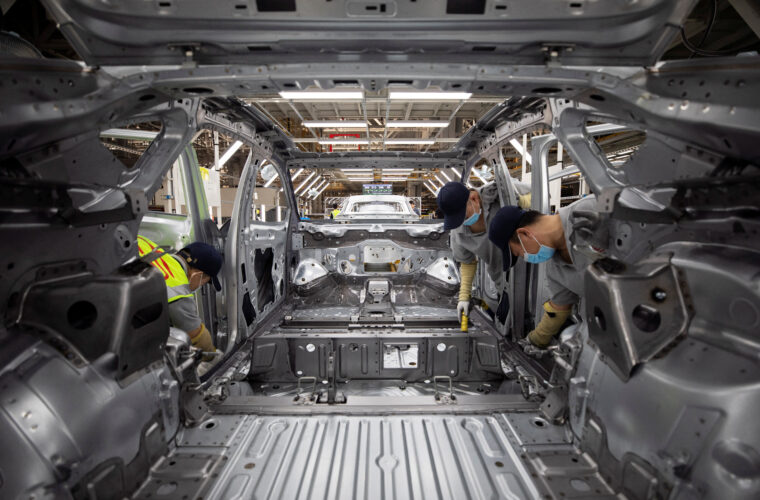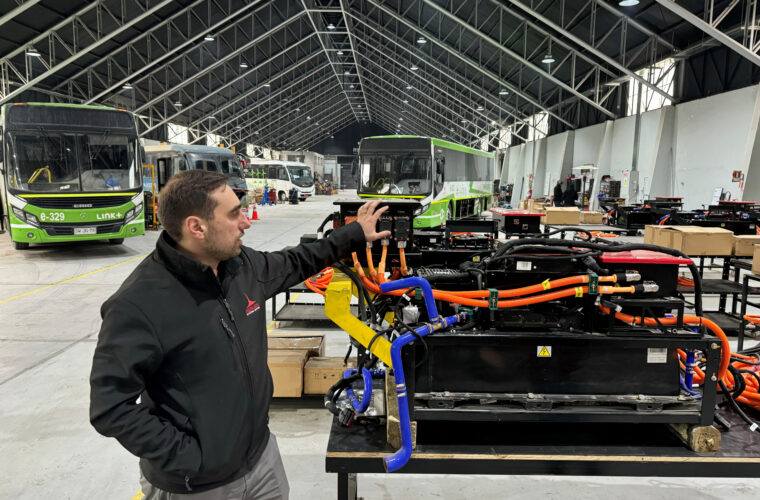
By Nick Carey
ANSTY, England (Reuters) – Geely unit London Electric Vehicle Company (LEVC) on Friday unveiled a new, large electric-vehicle (EV) platform for vehicles ranging from people-movers to commercial vans that it said could also be used by other units of the Chinese carmaker.
LEVC said the platform, dubbed Space Oriented Architecture (SOA), had been jointly developed over the last two-and-a-half years in China, Sweden, the United Kingdom and Germany, would provide EVs with longer range, fast-charging capabilities and advanced driver-assistance features.
Speaking to reporters on Thursday at LEVC headquarters in Ansty, England, executives said the flexible platform could be used for a wide range of EVs, including pickup trucks, large SUVs or even mobile homes.
But executives said they could not provide details of which EVs LEVC would focus on first, when the new EVs might roll off the production line or where they will be made.
Earlier this year, LEVC said Geely was planning a big investment to turn the maker of London’s famous black taxis into a high-volume, all-electric brand with a range of commercial and passenger vehicles.
The company said it could not yet provide an update on those plans.
Geely owns multiple brands including British sportscar maker Lotus, Zeekr, Volvo and – via a joint venture with Volvo – Polestar.
As such, Geely faces complexities that larger EV makers BYD and Tesla Inc have avoided. The Chinese carmaker also already has its own commercial van brand, Farizon.
LEVC Managing Director Chris Allen told Reuters that the brand was positioning itself within the Geely group to provide larger EVs that “give more space, more opportunities, more flexibility with a larger vehicle size.”



